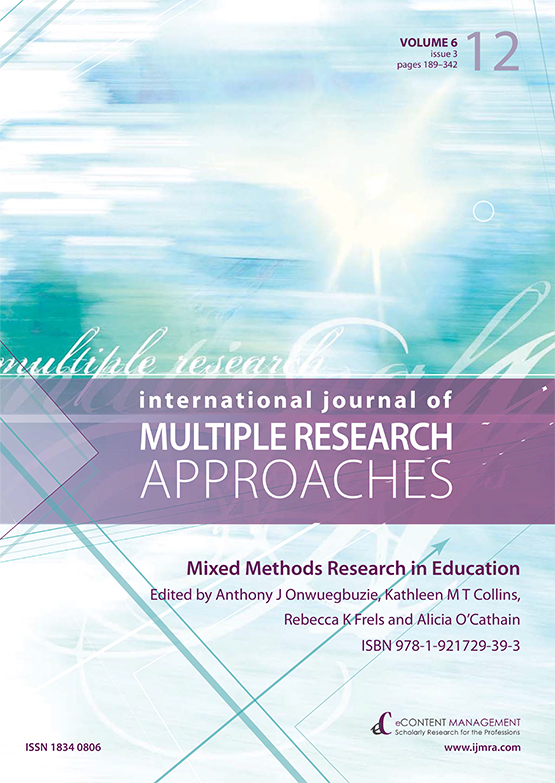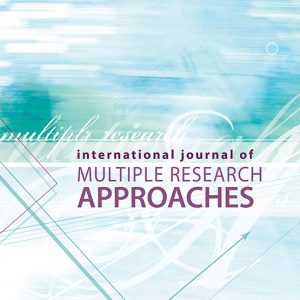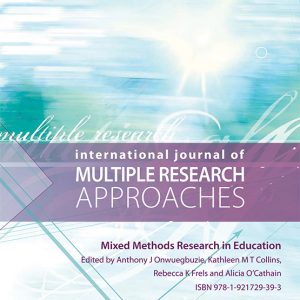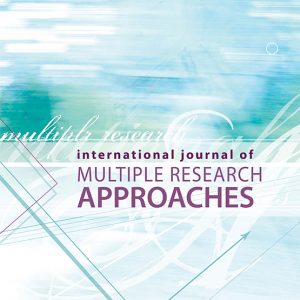6(3).05. How does student-directed assessment affect learning? Using assessment as a learning process
$30.00
Description
How does student-directed assessment affect learning? Using assessment as a learning process
ANNA FLETCHER AND GREG SHAW
Faculty of Education, Health and Science, Charles Darwin University, Darwin, NT, Australia
Abstract
This study originated in reaction to the 2008 introduction in Australia of a nation-wide assessment program in literacy and numeracy (NAPLAN) by the federal government. Assessment is widely regarded to play a key role in establishing and raising standards of learning but with the current political emphasis on using assessment for accountability and to monitor macro educational standards, its formative practice is less noted. Consequently, this mixed methods study was conducted at a primary school in the Northern Territory of Australia using student-directed assessment (SDA) as a learning process by drawing on formative assessment principles, constructivist learning approaches, and self-regulated learning. A simultaneous design was employed in which both qualitative and quantitative data were given equal priority. This study explored how students engage in learning when they are able to identify their own learning goals, determine their assessment criteria; and how they demonstrate their mastery of learning outcomes. This study indicated that when students in the participating year levels (years 2, 4, and 6) are involved in their own assessment and when assessment is central to learning, that deep and meaningful learning experiences occur. Through collaboration with teachers, students displayed behavioral, emotional, and cognitive engagement with their assessment tasks. In the case of the year-6 students, the SDA group who actively planned and took charge of their learning in the assessment process achieved significantly higher scores in their writing sample compared to their peers in the teacher directed assessment group.
Keywords: assessment as learning, self-regulated learning, literacy



